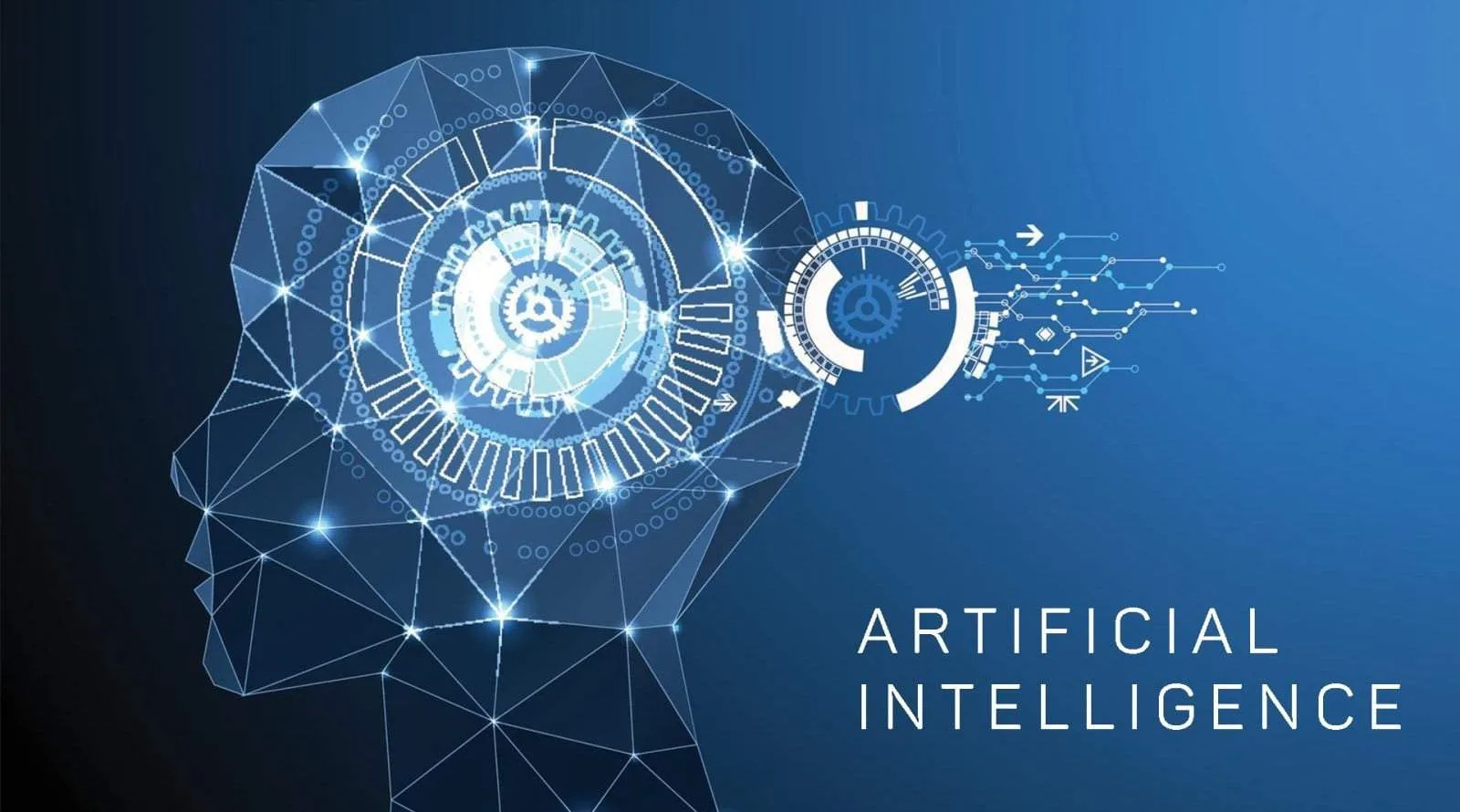Artificial intelligence is the ability of computers to exhibit human-like intelligence, much like humans do. However, it’s is much more than this.
It is a branch of computer science that studies the way in which artificial intelligence is able to solve problems in a variety of domains. Such domains include video games, military affairs, weather forecasts and much more.
As explained by its acronym, artificial intelligence refers to the ability of computers to exhibit human-like behavior. It also describes the progress of technology as it continues to grow.
The difference between human and machine intelligence is largely illustrated by the term artificial intelligence or AI. AI stands for artificial intelligence plus data mining.
Data mining refers to the process of identifying useful data that can be used by programmers to solve problems.
In order for artificial intelligence to occur, machines must have access to large databases that contain both general purpose and specific niche information. This is what makes AI so important today; without this, it would be impossible to construct self-driving cars, search and rescue robots, and internet trading robots.
Many businesses, especially those in the finance industry, are making use of artificial intelligence to reduce their workload, streamline their operations, and/or boost their bottom line.
However, because many industries’ demands continue to increase at an alarming rate, artificial intelligence researchers are also working to create new ways to expand the scope of artificial intelligence and make it accessible to even more industries.
For example, Google recently announced that they would be opening up an artificial intelligence research project, and Amazon and Microsoft are reportedly working on projects using machine learning to help human workers accomplish tasks.
There is a difference between human intelligence and artificial intelligence. Humans display natural intelligence. Animals display artificial intelligence. Both human and animal-based forms of intelligence can be helpful in solving problems.
Today, there is an explosion of artificial intelligence in businesses and homes around the world. From virtual assistants such as Siri and Alexa to self-driving cars and the ability for machines to learn new things, AI is expanding in ways that few people could have imagined just a few years ago.
It’s no surprise that artificial intelligence is playing such a prominent role in our future. According to a recent reports, AI will drive a 25% increase in global company revenues by 2035. That’s an impressive number considering that AI has only started gaining serious momentum over the past few years.
This article explores how AI is changing the world today and what the future might look like as artificial intelligence continues to grow and expand into new industries.
What is Artificial Intelligence?
Artificial intelligence is, put simply, machines that are capable of human-like reasoning and problem-solving. The idea behind AI is that computer systems can be programmed to act like humans by thinking critically and solving problems in a rational way.
AI can be programmed to complete a range of tasks, such as playing chess or helping businesses understand and interpret large quantities of data. AI is a broad term that refers to different types of technologies that are designed to help machines solve problems in a way that’s similar to how human brains work.
AI can be split into two main categories: general AI and specific AI. General AI refers to machines that are able to think and feel like humans. While specific AI refers to computers that are designed to excel in particular tasks.
How is AI Changing the World Today?
-Autonomous Cars and Self-Driving Vehicles Autonomous vehicles are perhaps the most visible example of AI in today’s world. Self-driving cars and other forms of autonomous transportation are rapidly expanding in popularity and are expected to become mainstream within a few years. There are several factors behind the rise of autonomous vehicles.
Advances in artificial intelligence, cheaper sensors and improved mapping technology have helped make self-driving cars a reality. At the same time, concerns about the future of the global transportation network are also driving the adoption of autonomous vehicles.
Experts predict that the world will face serious transportation challenges in the coming decades. With an aging population and a growing middle class in emerging markets, transportation systems around the world will likely be unable to meet demand. – Virtual Assistants and Chatbots Artificial intelligence is also playing a prominent role in the consumer space.
Virtual assistants such as Amazon’s Alexa and Apple’s Siri are increasingly becoming an integral part of people’s lives. AI-driven assistants are helping people complete daily tasks at home and at work
And research suggests that assistants such as Alexa and Siri will only become more important as time goes on. A recent study indicates that more than half of all American households will own at least one smart speaker or device by 2022.
As more individuals and families adopt AI assistants, they will likely look to the devices to do more than just complete basic tasks. Consumers are already using assistants such as Alexa and Siri to make purchases, manage their calendars and control connected devices around their homes.
Robotics and Manufacturing Artificial intelligence is also having a major impact on the manufacturing industry.
Robotics are being designed to work alongside humans to increase productivity. But more importantly, manufacturers are using artificial intelligence to detect quality issues and ensure that products are being made correctly. Robots that can think and feel like humans may still be decades away from becoming a reality. But the more immediate impact of AI is already being felt across a variety of industries.
Conclusion
AI is already changing the world in many ways. It will only become more prominent in the coming years as researchers and developers continue to look for new ways to implement AI in a variety of industries. On the other hand, many people have serious concerns about the future of AI.
There are worries that machines could one day become too powerful for humans to control. Others are concerned that AI will lead to a massive loss of jobs across the world.
There are valid reasons to be concerned about the future of AI. But there are also reasons to be optimistic. It will likely take decades for AI to play a major role in our lives. In the meantime, researchers will have plenty of time to address any potential issues related to artificial intelligence.







